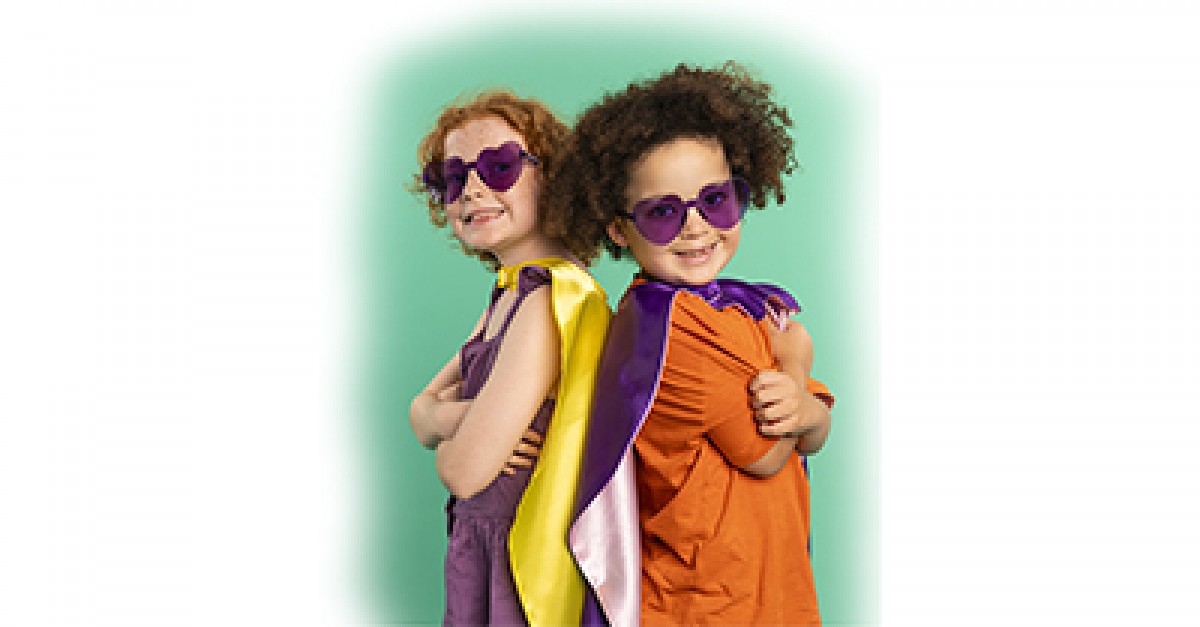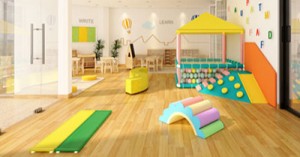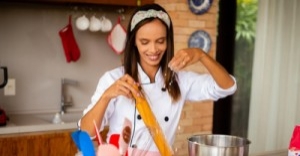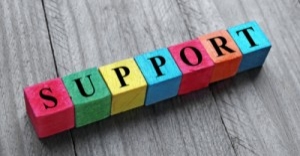Bravehearts Day, held annually on 12 September, is a national child protection awareness initiative focused on preventing child sexual assault and promoting safe relationships. For early childhood educators, this day offers a chance to gently introduce foundational safety concepts through emotionally intelligent, developmentally appropriate practice.
Why It Matters in Early Childhood
Young children are learning:
- How to name and express emotions
- How to assert boundaries
- Who they can trust
- What safety feels like
Bravehearts Day isn’t about teaching the full scope of abuse prevention—it’s about laying the groundwork for lifelong protective behaviours in ways that feel safe, empowering, and age-appropriate.
Toddler & Preschool Activities for Bravehearts Day
These activities, drawn from educator discussions and Bravehearts resources, support emotional literacy, body autonomy, and safe relationships:
1. Safe / Unsafe Hands Art
Trace each child’s hands. On one hand, draw things that feel safe (e.g. hugs, family, play). On the other, things that feel unsafe (e.g. loud noises, separation). This opens gentle conversations about feelings and boundaries.
2. Feelings Faces Matching
Use puppets, dolls, or picture cards to explore emotions. Encourage children to name how they feel and connect those feelings to safety:
“If you feel sad or scared, you can tell a teacher or mum/dad.”
3. Puppet Role Play: Consent & Boundaries
Act out scenarios with puppets using phrases like:
“Stop, I don’t like that.”
This models respectful interactions and boundary-setting in a playful, relatable way.
4. White Balloon Craft
Decorate white paper balloons—the Bravehearts symbol of hope—with glitter, paint, or collage. Display them with a message board:
“We are learning about safe bodies, safe feelings, and safe people.”
5. Songs That Empower
Educators recommend songs like:
- Boss of My Own Body
- This Is My Private Parts Song
- Social Circle Colours (book and song)
These use rhyme and rhythm to teach body autonomy and safe relationships.
6. Books That Build Safety Language
Choose age-appropriate books that gently introduce concepts of privacy, consent, and trusted adults. Titles like Social Circle Colours and Little Stevie’s It's My Body are educator favourites.
Educator Reflection: Beyond the Day
Many educators suggest Bravehearts Day is best used as a professional learning opportunity:
- Build confidence in everyday safety conversations
- Strengthen trauma-informed practice
- Share strategies with families
- Embed protective behaviours into daily routines
Bravehearts also offers free resources including books, songs, and an app.
Bravehearts Day isn’t about one-off activities—it’s about creating a culture of safety, trust, and emotional literacy. For young children, that means gentle repetition, consistent relationships, and safe spaces to express themselves.
Further Reading
Teaching Consent to Toddlers and Preschoolers
Simple Songs About Consent For Children
Lulu Says Yes, Lulu Says No
Teaching Personal Space in Preschool: Resources and Strategies
My Consent Pledge







 On 10 December 2025, the Fair Work Commission issued a major determination affecting the Children’s Services Award 2010 (MA000120). These changes form part of the
On 10 December 2025, the Fair Work Commission issued a major determination affecting the Children’s Services Award 2010 (MA000120). These changes form part of the Over the next five years, educators across the sector will see steady, structured wage increases designed to lift pay to the new benchmark rates for
Over the next five years, educators across the sector will see steady, structured wage increases designed to lift pay to the new benchmark rates for The Fair Work Commission has introduced important changes to how cooks are classified and paid under the Children’s Services Award 2010. These changes recognise that
The Fair Work Commission has introduced important changes to how cooks are classified and paid under the Children’s Services Award 2010. These changes recognise that At the centre of this case is an incident captured on CCTV at an early learning service in Bathurst, where 18‑year‑old educator Hayley Kelleher grabbed
At the centre of this case is an incident captured on CCTV at an early learning service in Bathurst, where 18‑year‑old educator Hayley Kelleher grabbed